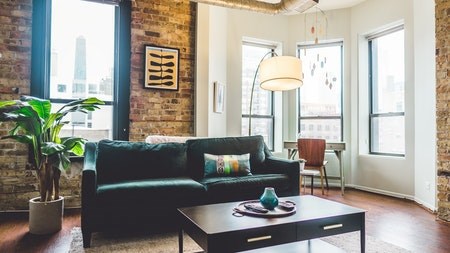Buying and renovating a rundown property is a long-established way for property owners to maximise returns on investment.
However, for good returns, you first need to find the right property – renovating the wrong one can easily have you spending far more than you can afford to make it habitable.
The first step in the decision-making process is to make sure the fixer-upper that catches your eye has real potential.
One of the worst mistakes you can make and which you should avoid by all means is to spend the rest of your life and most of your money on trying to turn a ramshackle property into a suitable home.
If you go about it the right way, a fixer-upper can turn out to be the best property investment decision you have ever made.
What factors should you consider in this process?
Budget
To make a profit on a fixer-upper, the purchase price plus the total renovation cost needs to be low enough that you can recoup your investment and make a good profit when you sell. If you don’t fully understand the cost of renovation, your project can easily end in financial disaster.
Before you start looking at houses and apartments on the market, you need to decide how much you can afford to pay for the property and how much you can afford to spend on renovations.
Factor in:
Your available funds and bond prospects.
The purchase price of the property.
Transfer costs – including transfer duty or VAT and conveyancing costs.
The amount you have left to spend on renovations.
You also need to decide how much of the renovation work you will be willing and able to do yourself, and which jobs need to be outsourced. Make sure you don’t overestimate your DIY skill level.
Location
As with buying any property, the most important factor is location. If a property is in a bad neighbourhood, in an inconvenient position, or too close to an undesirable structure, the most spectacular renovations will merely amount to overcapitalising your investment.
Experienced estate agents advise that good locations to look out for are popular school catchment areas, residential zones close to central business districts, or trendy neighbourhoods with easy access to shopping and other amenities. A north-facing aspect, mature trees on the property, and attractive views are bonuses.
What to look for
Ideally, you want a property that needs only cosmetic changes to make it stand out from the crowd.
These are usually improvements like:
Patching and painting walls.
Replacing doors.
Replacing handles and doors on kitchen cabinets.
Repairing minor plumbing issues.
Installing new light fixtures.
What to avoid
Unless you have a large budget, it is preferable to avoid homes that require major structural changes. These could include:
Repairing or replacing the roof.
Adding rooms like bedrooms or a garage.
Shoring up foundations.
Rewiring the property.
Extensive remodelling of kitchen and bathrooms.
Replacing all the windows.
If you aren’t confident about judging a property yourself, it’s well worth paying for a professional home inspection.
Before taking the plunge
You need to take time to carefully carry out your market research to know the market dynamics and the prevailing conditions in your preferred area. Some of the aspects you should pay particular attention to include security, amenities, accessibility and convenience, demand for property in the area, etc. A reputable estate agent can play a crucial role and assist you to make the best possible informed decision. This is because estate agents have in-depth knowledge and insights for particular areas in which they operate, this means they can easily point you to the ideal property to suit your needs.




